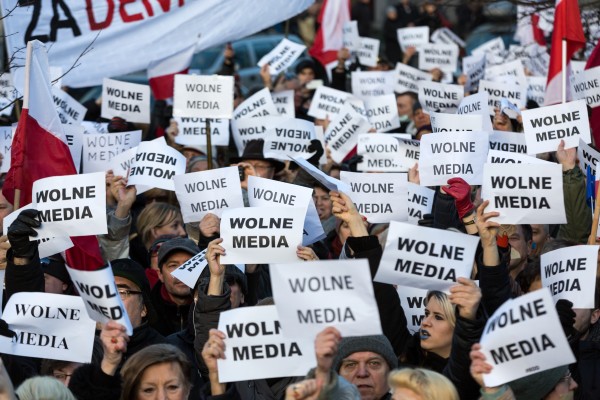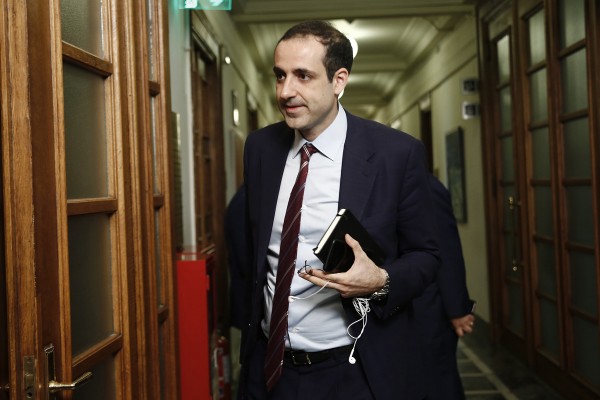H.E. Slobodan Milosevic
President
Belgrade
Federal Republic of Yugoslavia
Vienna, 27 July 2000
Your Excellency,
The International Press Institute (IPI), the global network of editors and journalists, condemns in the strongest possible terms the conviction of a Serb reporter by a military court.
According to the information before IPI, Yugoslav journalist Miroslav Filipovic, working for the independent Serbian newspaper Danas and Agence France-Presse, and a contributor to the Institute for War and Peace Reporting (IWPR) was sentenced to seven years imprisonment on 26 July. The court found Filipovic guilty of espionage, spreading false information and gathering information for foreign intelligence agencies. Filipovic, 49, was arrested on 8 May at his home in the central Serbian town of Kraljevo. He was released four days later but was detained a second time on 22 May, again on spying charges.
Filipovic was charged with publishing a secret Yugoslav army intelligence report on alleged massacres of ethnic Albanian civilians, indiscriminate shelling of villages and looting by Serb troops and paramilitaries during last year’s NATO bombing campaign in Kosovo. Prosecutors charged that the information he published was false. However, the information that formed the basis of the charges was contained in articles that Filipovic had filed for, among others, the London-based IWPR. The articles have received international attention for their eyewitness accounts of the behaviour of the Yugoslav military which was substantiated by high-ranking officials within the army.
IPI is gravely concerned by the decision to try the defendant before a military court. The trial of a civilian by a military court is in contradiction of internationally recognised standards for a fair trial including Article 10 of the United Nations Universal Declaration of Human Rights which states everyone shall have the right to a “fair and public hearing by an independent and impartial tribunal”. Furthermore, it is IPI’s belief that the speed of the trial, less than two days, compromised the fairness of the trial and did not provide enough time for careful examination of the evidence. In addition, the definitions of espionage and false information under article 128 of the Yugoslav criminal code are extremely broad and arbitrary. All proceedings were held behind closed doors and relevant data labelled military secrets. Therefore, any attempt at monitoring the fairness of the trial by international organisations was prevented.
Filipovic conducted his work as a reporter and was therefore a civilian. Consequently, his case should have been tried before a civilian court, presided over by civilian judges. Furthermore, bearing in mind that Filipovic reported on issues pertinent to the conduct of the Yugoslav armed forces’, IPI believes that the impartiality and fairness of the trial was questionable from the outset. Journalist should not be jailed for articles they write. Therefore, finding Filipovic guilty of a criminal offence infringes his fundamental right of freedom of expression and runs counter to all forms of European jurisprudence.
IPI regards the arrest of Filipovic and his subsequent trial before a military court as only the latest in a long series of attempts by the Serbian government to silence the critical voice of the country’s independent media. The trial sets a dangerous precedent that has serious consequences for the freedom of the media. IPI believes the arrest is a gross violation of everyone’s right to “seek, receive and impart information and ideas through any media and regardless of frontiers”, as guaranteed by Article 19 of the United Nations Universal Declaration of Human Rights.
Instead of convicting Filipovic on arbitrary charges, the government should thoroughly investigate the allegations contained in his articles. IPI urges Your Excellency to ensure the immediate release of Miroslav Filipovic and the repeal of his sentence. Furthermore we urge you to take all necessary steps to ensure that reporters are allowed to report freely and safely on any developments in your country.
We thank you for your attention.
Yours sincerely,
Johann P. Fritz
Director


